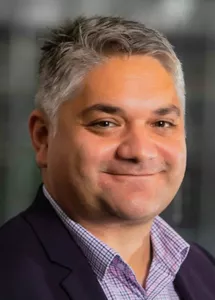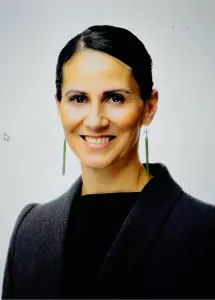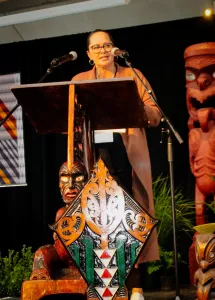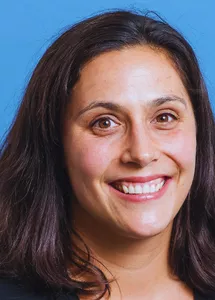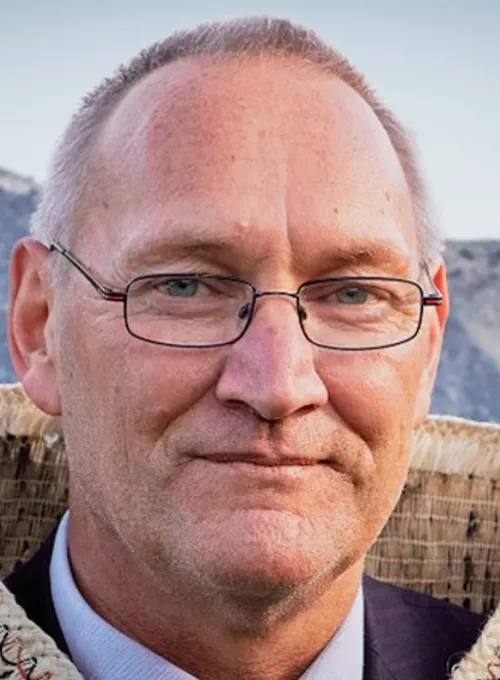
Sir Mark Wiremu Solomon KNZM is widely known for his commitment and contribution to his iwi and the broader well-being of all New Zealanders and the environment. In addition, he is recognised for the attention he has brought to addressing family violence.
Mark worked for over twenty years as a foundry metal worker before being elected Chair of Te Rūnanga o Ngāi Tahu, the tribal council of Ngāi Tahu, in 1998. Mark spent 18 years leading Te Runanga o Ngāi Tahu and helped transform it into an economic powerhouse with more than $1.5 billion in assets.
During this time, his contributions were diverse and significant, ranging from fostering educational opportunities for young Māori to taking a strong stance against whānau violence. Sir Mark has led hui across Te Waipounamu, the South Island, spreading a message to stop violence within homes.
As a strong advocate of the Māori economy, Mark was instrumental in setting up the Iwi Chairs Forum in 2005 and was an original member of the Māori Economic Taskforce established in 2009. Mark was named the 'Visionary Leader of 2012' in the Deloitte and New Zealand Management Magazine National Business Awards.
In the 2013 New Year Honours, Mark was appointed a Knight Companion of the New Zealand Order of Merit for services to Māori and business. This knighting was in recognition of his work for Ngāi Tahu.
In 2015, he received an Honorary Doctorate from Te Whare Wānanga O Aoraki Lincoln University as a Doctor of Natural Resources, recognising his enduring interest and concern for the natural environment.
As part of Mark's own leadership, he has spoken about the need to consider a much wider range of what leadership should be. To him, leadership is about "empowering our people – allowing them the space to identify their own needs and the time to come up with their own way of addressing those needs, to improve their lives". In addition, he states that leadership should be ever-changing and evolving and that the younger generation is taught to be well-educated leaders.
Links:
- Ngāi Tahu leader Tā Mark Solomon at Word Christchurch 2021
- Mark Solomon: On leadership and life
- Who owns the water? Mark Solomon
- Walking the talk
- Sir Mark Solomon takes chair at Oranga Tamariki ministerial advisory board
